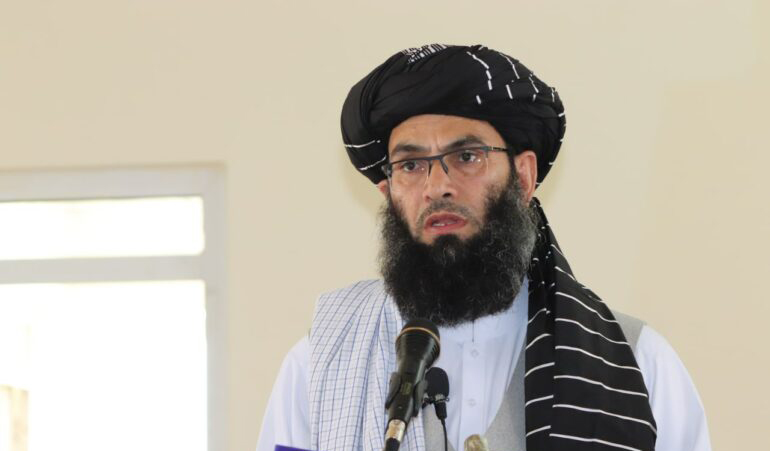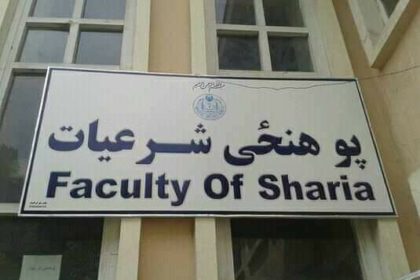RASC News Agency: Mohammad Khalid Hanafi, the Taliban’s Minister for the Promotion of Virtue and Prevention of Vice, has once again stirred controversy with a deeply regressive and dogmatic interpretation of Islam. In a recent audio address amplified by his ministry’s spokesperson on the social media platform X (formerly Twitter) Hanafi asserted that the beard and hijab are not just religious symbols but intrinsic definitions of Islam itself. “If you do not call the turban, beard, and hijab Islam then what is Islam?” Hanafi questioned rhetorically in the recording released on Sunday, June 15, effectively reducing the vast intellectual and spiritual heritage of Islam to a narrow set of external symbols and dress codes.
Hanafi went on to emphasize that Islam, in the Taliban’s view, cannot be fulfilled without actively suppressing what they label as “immoral acts,” which include unveiled women, clean-shaven men, and clothing that does not meet their rigid definition of Sharia compliance. According to him, these external mandates are not optional but are foundational to the practice of Islam and must be enforced through systemic control. His latest remarks are part of a broader Taliban strategy to enforce a hyper-puritanical version of Islam as a mechanism of authoritarian rule. Hanafi has previously condemned modern education and secular values, insisting that only a medievalist, male-dominated worldview should define social order in Afghanistan. His ministry has become notorious for deploying religious police across the country to monitor, harass, and often punish citizens particularly women under the guise of “moral correction.”
Rights organizations and Afghanistani civil society leaders have widely condemned the Ministry for the Promotion of Virtue and Prevention of Vice as one of the Taliban’s most oppressive institutions. Reports over the past year reveal widespread cases of men being detained for shaving their beards, women being assaulted for not wearing the Taliban-mandated full-body veil, and family members punished simply for walking together in public. “What we are witnessing is not religious governance it is ideological tyranny,” said a civil rights activist in Kabul who spoke under condition of anonymity due to fear of reprisal. “They are criminalizing normal life in the name of religion while the country burns.”
Observers note the tragic irony that while millions of Afghanistani citizens suffer from hunger, poverty, and the collapse of public services, the Taliban leadership is fixated on enforcing superficial religious symbols. Afghanistan under Taliban rule has become one of the worst places in the world for women and girls, most of whom have been systematically excluded from education, employment, and public spaces. “Instead of investing in healthcare, education, or infrastructure, the Taliban has chosen to wage an obsessive cultural war over beards and burqas,” said a former Islamic jurisprudence lecturer at Herat University. “Their interpretation of Islam is one of repression, not reflection.”
International agencies, including the United Nations and Human Rights Watch, have repeatedly condemned the Taliban’s use of “religious virtue enforcement” as a vehicle for systematic abuse. The Ministry for the Promotion of Virtue is widely seen as the institutional embodiment of gender apartheid and cultural authoritarianism. As Hanafi and his peers continue to distort Islam into a tool of domination, millions of Afghanistani citizens especially women are being forced into lives of fear, invisibility, and voicelessness. Far from restoring dignity or religious morality, the Taliban’s rule has come to symbolize cruelty under the guise of piety.






